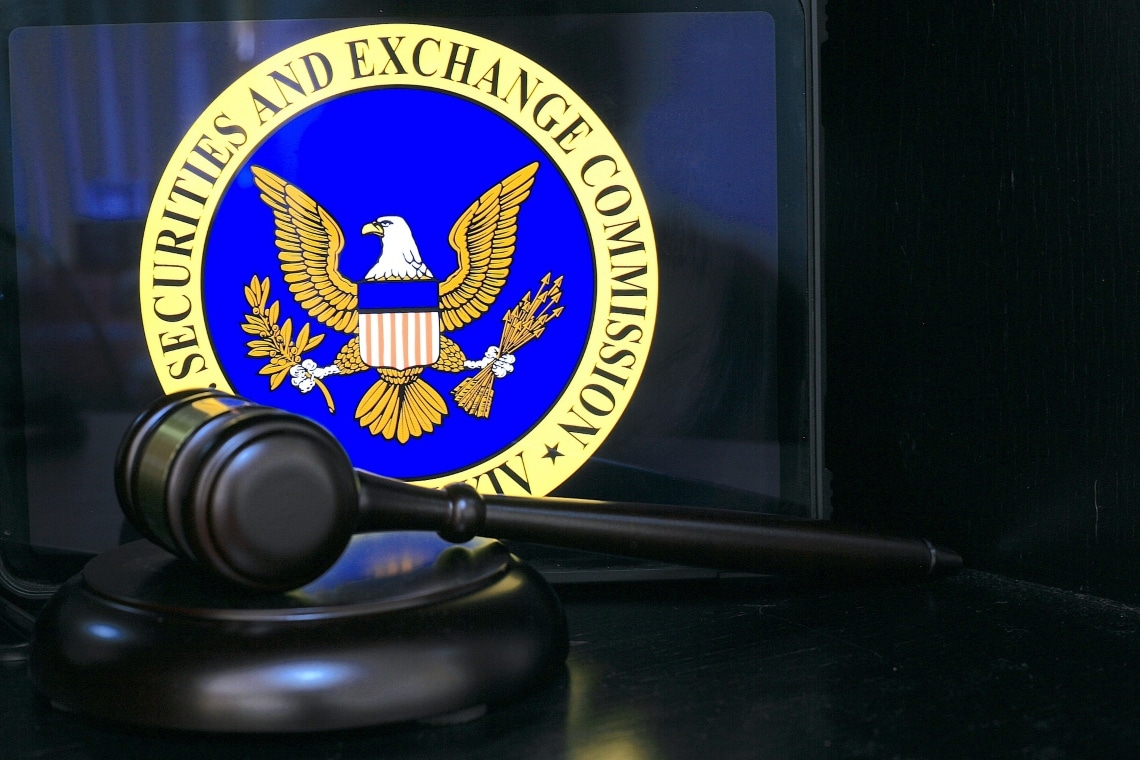Breaking news: the SEC has also officially subpoenaed cryptocurrency exchange Coinbase in New York District Court.
A day after attacking Binance, here are new stances from the US federal agency that is doing everything it can to hinder the crypto market.
Let’s look at the details of the news together.
Summary
Coinbase and the charges by the SEC
New day, new lawsuit filed by the US Securities and Exchange Commission, this time against Coinbase, one of the industry’s most compliant cryptocurrency exchanges.
The US agency’s complaint was formally made in the US District Court for the Southern District of New York, in a document in which Coinbase was cited for violating “registration provisions.“
According to the charges, the exchange failed to fulfill certain obligations prescribed by the Securities Exchange Act of 1934 and the Securities Act of 1933.
In detail, the company headed by Brian Armstrong allegedly never registered its staking-as-a-service and offered investors sales of unauthorized securities that fall under the heading of security tokens.
Among them we can observe cryptocurrencies such as SOL, ADA, MATIC, FIL, SAND, AXS, CHZ, FLOW, ICP, NEAR, VGX, DASH, and NEXO.
A few tokens among those just listed were also reported in yesterday’s lawsuit filed by the SEC against Binance.
As a reminder, a security token refers to a financial product from which investors expect a financial return, linked primarily to the performance of the company that issues them.
These kinds of products must be mandatorily registered with US regulators and obtain the necessary approvals, which Coinbase and Binance have not done.
The director of the SEC’s Enforcement Division believes the charges were properly calculated, adding harsh words against Coinbase:
“You simply can’t ignore the rules because you don’t like them or because you’d prefer different ones: The consequences for the investing public are far too great.”
It now remains very interesting to watch how the crypto exchange will respond and whether it will indeed abandon the US market, as previously warned in case US federal regulators fail to cooperate.
Binance, Coinbase’s main competitor, has also announced that it will vigorously defend its position from the SEC’s bullying, but without referring to any shift in its operations.
The risk of overly restrictive regulation
The way the SEC is attacking Coinbase, and in general all exchanges and major cryptocurrencies in the industry, is quite ridiculous in every respect.
First, it is embarrassing how in 2023, multibillion-dollar companies operating in niche markets, highly specialized on the tech side, have to follow regulations dated 1930, without the possibility of any exemptions.
Second, many of the cryptocurrencies that the SEC cited as securities have existed for several years, and only today has the US agency been able to recognize them as such, allowing companies like Binance to base their core business precisely on trading these products.
Ultimately, it is obvious that the implementation of such stringent regimes for crypto-exchanges are part of a well-conceived political move to make sure that the floodgates are opened for the future of a CBDC, which consists of none other than a centralized cryptocurrency under government control.
The constant accusations and posturing are unacceptable by the crypto industry, which now has to defend itself tooth and nail to assert its rights and make its arguments heard loud and clear.
If the SEC were to continue with this trend, it would risk ruining the US market from developing blockchain technologies related to the use of decentralized cryptocurrencies.
The whole thing could create serious damage to the country: most likely many crypto service providers will move to Europe, where less stifling regulations, such as the MiCA, are coming into effect.
In addition, competition from other continents could harm the technological development of the entire continent, which would fall light years behind and lose control of tech markets, benefiting Chinese rivals.
On the other hand, those who are likely to be unaffected, at least in the long run, are cryptocurrencies themselves, since they were born precisely with the intention of circumventing centralized strong powers.
Bitcoin in particular was popularized by Satoshi Nakamoto precisely with the characteristic of being resilient to censorship, and potentially usable under any conditions of adversity on the social and economic front.
Bitcoin, as well as crypto assets, represents freedom, and the time has come to protect these values.




